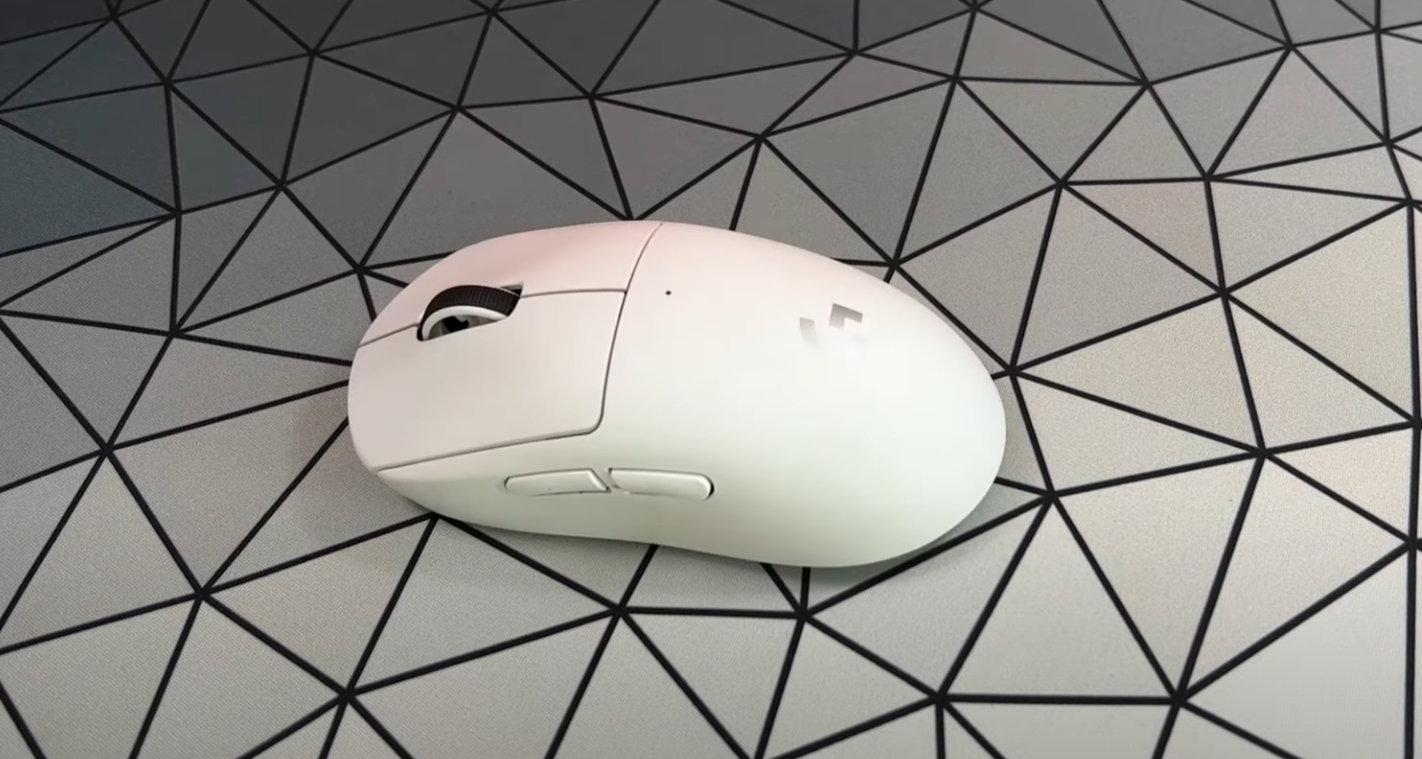Overwatch has recently seen a surge in players returning after a hiatus of nearly two years. However, many players have noticed a concerning trend: a significant portion of competitive matches are incredibly one-sided, with one team completely dominating the other. This article explores the reasons behind this phenomenon and its impact on the gaming experience.

The Coinflip Effect:
Players have reported that nearly half of their competitive games feel like a coinflip, where individual impact seems to have little bearing on the outcome. Even at higher ranks, such as Low-Mid Masters, players are experiencing matches where they either steamroll the enemy team or find themselves on the receiving end of a brutal defeat. This inconsistency in performance, with scores ranging from 39-2 to 5-12 in consecutive games, has left many players puzzled and frustrated.
The Quick Play Conundrum:
The issue of one-sided matches is not limited to competitive play. Even in quick play mode, players have observed that only about one-third of the games are balanced, while the remaining two-thirds are dominated by either their team or the opponents. This lack of balance makes for a less engaging and enjoyable gaming experience.
The Impact of 5v5:
The transition from the 6v6 format to 5v5 in Overwatch has had a significant impact on game balance. With one fewer player on each team, the importance of individual performance and synergy has increased. A single underperforming player can now have a more pronounced effect on the team's success, making it harder to carry a struggling teammate compared to the 6v6 format.
The Snowball Effect:
Overwatch's game mechanics contribute to the snowballing nature of matches. Asymmetric hero designs mean that initial hero choices and synergies play a crucial role in determining the outcome of the first fight. The team that wins the opening engagement gains a substantial advantage, as they have more ultimate charge and the freedom to dictate the flow of the next fight. This momentum can quickly compound, leading to very one-sided matches unless the losing team swiftly adjusts their composition and strategy.
The Importance of the First Fight:
Winning the first fight has become even more critical in the current meta, especially in newer game modes like Push and Clash. A team that secures the initial victory often sets the tone for the entire match, making it challenging for the opposing team to mount a comeback. This is particularly evident in Push, where losing the first fight can be incredibly demoralizing and discouraging for players.
Matchmaking Concerns:
Some players have observed a correlation between the endorsement levels of teammates and the likelihood of being on the receiving end of a one-sided defeat. Matches where teammates have lower endorsement levels (e.g., level 1 and 2) while the enemy team boasts higher endorsements (e.g., level 5) seem to be more prone to snowballing. While matchmaking algorithms strive to create balanced teams, the nuances of individual performance and consistency make it a complex challenge.
Stuck in Ranked?
Can't seem to get the rank you want? We are here to help! Check out our cheap Duo Carry options.

The prevalence of one-sided matches in Overwatch is a multifaceted issue that stems from a combination of factors, including the transition to 5v5, the snowball effect of game mechanics, and the increased importance of the first fight. While matchmaking systems aim to create fair and balanced games, the inherent complexity of the game and the variability of player performance make it a daunting task.




